On My Hill I Wait for Wind
Emily Brontë again, PJ Harvey, Tolstoy, Florence + the Machine, a touch of Liz Taylor and other diversions
Sad
In the last week I have found myself craving a certain kind of angry female voice. I didn’t want anything overtly aggressive, like Bikini Kill, but something knowing and dark. I found myself first turning to PJ Harvey’s 1992 debut album, Dry. I was a huge PJ Harvey fan for many years and while I fell off around her turn to more social/activist work in the late aughties, I remain in great admiration of her total originality. Dry and Is This Desire? (1998) are the albums I return to most, perhaps somewhat in conversation with each other, with their religious references and unsettled, anomalous sound. I feel like among her fans, Dry is often eclipsed by its heavier, angrier follow-up, Rid of Me (1993). However there is a wry, taunting bitterness to Dry, that feels deeply female to me, the kind of laughing nihilism of an opponent who is going to go down swinging. A private violence women usually only mutter to themselves, here it is articulated both in whispers and cries across eleven songs.
I am frustrated by the way Harvey herself, at least in the 90s, pushed back against association with feminism or universality of female experience, in a way that felt very Gen X cooler than thou, “not like the other girls”, expressing shock that anyone could relate to single lyric she wrote. If you examine the lyrics of much of her early work, it is hard to take her claims of feminist naivety seriously, unique of an artist as she is. However, she said that the recording of Dry felt “extreme” and that she sincerely thought it would be her only chance to ever record music, so she had better leave it all on the floor, which does absolutely come across here. Best listened to on headphones so you can feel the quiet thrumming bass across the bones of your face and be fully rocked when she comes up screaming out of quiet moments. The three closing tracks, “Plants and Rags”, “Fountain” and “Water”, comprise perhaps my favourite closing of any album ever.
From “Fountain”—
Along comes wind / A big bone shaker
Blows off my clothes/ Completely naked / What to do?
When everything's / Left you
I have also been a long time fan of Florence + the Machine. Dance Fever, released in 2022, has been the other album I found myself seeking out in recent days. Dripping with a kind of violet darkness, Dance Fever as I understood it when it was released, dealt with themes of artistic madness, addiction and isolation. However, it also had an element of prescience to it which is what drew me back to it now. This is most obviously fleshed out on the song “Cassandra” with one of the most relatable and depressing lyrics on the album—
I try to still look with wonder on the world/
As the roses bloom/
And the riot van still plainly in view
Dance Fever def hits a little different in November of 2024—like the refrain of “centre, it cannot hold” from “Dream Girl Evil”. There is a wailing against something she cannot break through here, a fantasy of escape inside an ever closing shadow. Florence Welsh has always been far more comfortable embracing the female experience than PJ Harvey, freely expressing anger at God, at men, at societal expectations that spit in her face. I felt especially crushed by the song “Girls Against God” on this most recent listen.
And it's good to be alive/
Crying into cereal at midnight/
If they ever let me out, I'm gonna really let it out
Neither Dance Fever or Dry offer any solutions or feel good hand holding, they are more like a friend who can sit with you and let you cry without trying to make you feel better.
Famous
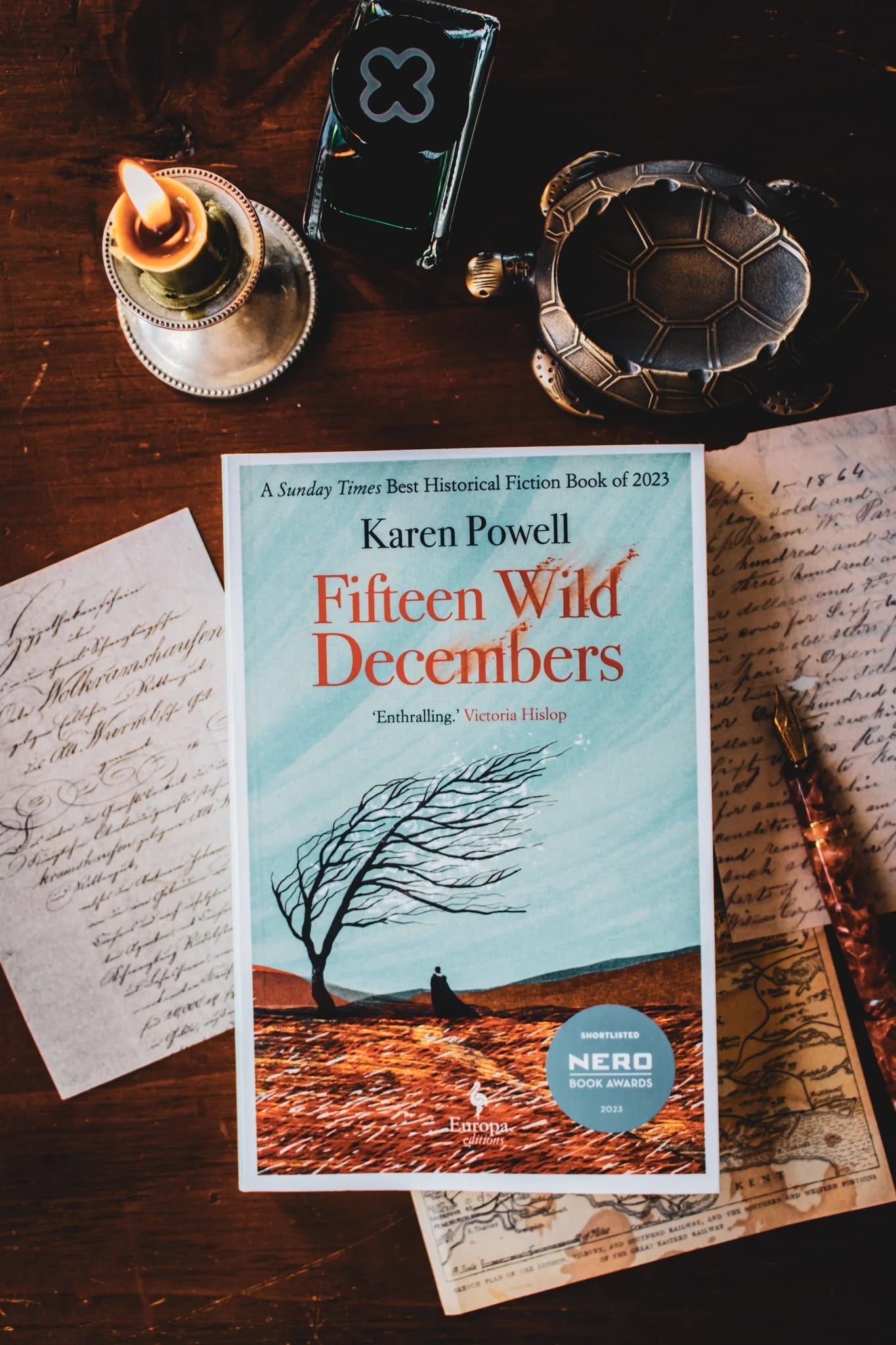
I have read a lot of very interesting books in 2024, and unless something comes along that really kicks its ass in the next six weeks, Fifteen Wild Decembers by Karen Powell is my absolute favourite book of the year. Like the film Emily (2022), which I loved and reviewed last year,
Fifteen Wild Decembers is a fictional biography of Emily Brontë. I was thinking about why Emily is the subject of such abject fascination, even though her whole family was pretty fascinating, and I think it’s because it is so insane to just mic drop Wuthering Heights as your first novel, a completely singular work of literature that is impossible to replicate, and then peace out of this earth ✌🏻. I am not someone who thinks one must choose between loving Jane Eyre or Wuthering Heights, I love both novels, but Wuthering Heights is a work of strange, towering genius that exists outside comparison, and seems to have fallen intact from the brain of an isolated and reclusive twenty-seven year old girl. Though Emily’s struggles with sister Charlotte (author of Jane Eyre) are well known, Charlotte also seems to have been in awe of her, writing that inside Emily “lay a secret power and fire that might have informed the brain and kindled the veins of a hero.”
Fifteen Wild Decembers is a more faithful biography of Emily and her sisters than the film Emily, it takes far less artistic leeway. Beautifully and evocatively written, the Brontë parsonage, West Yorkshire, Brussels and various boarding schools are vivid scenes against which the tragic and beguiling lives of these incredible sisters played out. I couldn’t put it down, it felt alive. I was inspired by it. As devistating as the lives of the Brontë siblings turned out (all six died before the age of 40 without descendants), their rich world of creating—beginning in childhood with histories, stories and maps for their imaginary world of Glass Town and Gondal, and continuing into the sisters supporting each other as professional writers—made me long for artistic community. I have beloved friends who are writers, but they are all on the other side of an ocean and this book made me wonder what would happen if we were in long term proximity, reading our work out loud to each other, discussing it over dinner, working together in the same quiet room. The film Emily put Charlotte squarely in the role of Emily’s antagonist, whereas I preferred Fifteen Wild Decembers more realistic depictions of Emily and Charlotte as simply siblings who loved each other and drove each other nuts, as siblings do—sometimes each was in the wrong and no one was anyone’s better at the end of the day. The epilogue discusses Charlotte, the last surviving sibling, alone at the Brontë family home, pacing around the table where all the sisters used to sit and write together, reading her work to herself, which I found incredibly heartbreaking.
Fifteen Wild Decembers portrays Emily as something of a voyeur, always outside of normal human interaction, often mute, struggling with mental health issues that made leaving her childhood home and interacting with strangers increasingly impossible. Author Karen Powell clearly did extensive research and strayed little outside of what is known about the Brontë’s, which I respected and enjoyed. However, I did like how the film Emily created an avenue through which Emily was able to experience sexual awakening with another person and did not resort to the tired old incest theory. Wuthering Heights is many things, including, I think, something of a black comedy, but it is overrun with sexuality and it does raise questions. I personally think Emily had to have had some personal experience of lust and sex to write about it as she did. Emily, who, unlike Charlotte, never wished to be revealed as a writer or seek any fame, will always remain unknown to us, but I hope in her short life she got to have that experience and that it informed her incredible creation.
Enjoy Sinéad O’Connor’s uncredited role as Emily Brontë in the opening and closing of Wuthering Heights (1992).
Also— Emerald Fennell is doing a new adaptation of Wuthering Heights and I was excited about that until I heard Catherine and Heathcliff will be played by Margot Robbie and Jacob Elordi 👎🏻👎🏻. Heathcliff isn’t white!!! Anyway, let me fix everything by recasting it perfectly with the intense Jessie Buckley and liquid eyed Dev Patel—bring that long hair brooding The Green Knight energy, baby!
Enjoy
I am not a big rewatcher or rereader of things, generally. However the 2016 BBC adaptation of War & Peace is an exception. To say it’s my favourite mini-series (which it is) cheapens it somehow, because who cares about a mini-series?, but it is one of the best films of any kind, however you slice it. It has like EVERY good actor in it? The aforementioned Jessie Buckley, Brian Cox, Gillian Anderson, Jim Broadbent, Stephen Rea, all the heavy hitters in the photo above, etc. Russian literature, often considered THE literature—and with good reason—, sometimes feels intellectually out of my league and I’ve never been brave enough to submit to the 1440 pages of Tolstoy’s War & Peace. Anna Karenina (a mere 850 pages!), however, is my favourite novel and I can see Tolstoy masticating the same ideas and issues in both his most famous works. Which is life— all of life. Brutality, love, disillusionment, sorrow, luck. This adaptation handles these big themes deftly and genuinely. Following Dano as earnest Pierre, driven by his carnal appetites and lofty ideas, James as the naive, eager Natasha and Norton as nihilistic, privileged Andrei, it lets them breathe and grow and change and fail as people. There are so many small, meaningful human moments. Also it does big violence well, I can follow the narrative of battle scenes, which I think is hard to do. It’s the perfect thing to watch right now, imo. It’s a reminder we’re all carried along, for better or worse, in the same river that has been always been. On BBC iPlayer and Amazon Prime in the US.
The Greedy Peasant on Instagram and Patreon keeps me going. A kind, funny, weird, highly creative community organised around the incredible “queer medieval fever dream” of one person, its take on Catholicism, death and costume fills my crypt coffin heart with starlight and rainbows on the daily.
I <3 Mess by
is a great newsletter for anyone who likes celeb gossip and fashion but what I’m really into is her YouTube where she gives deadpan sassy recaps of what is going on. Very good watching while eating lunch material.I like
’s The Dry Down Diaries, about fragrance. I really enjoyed her latest newsletter where she talked about winter scents, independent perfume brands and shares her incredible nails!I write fiction and had a short story come out last month that I forgot to promote here in all my dread of the coming days! Interestingly enough, the story is about a historic world event occurring and what that’s like when you’re too fucking demolished as a person to give a fuck, only in the story it’s a cosmic event. Thank you for checking it out if you decide to!
Finally—there’s two Liz Taylor documentaries floating around these days and you know I love all things Liz. Elizabeth Taylor: Rebel Superstar on the BBC in the UK is the Kim Kardashian produced one and you can take a pass—it’s not well done. It’s cheesy. It puts corny modern music over old footage and features random talking heads, including Kim herself (why?). Much better is Elizabeth Taylor: The Lost Tapes on HBO, using a lost interview with Taylor to narrate personal photos, home movies and film clips in her own voice.
Get ready for December’s annual Sad & Famous Christmas Pig gift guide!
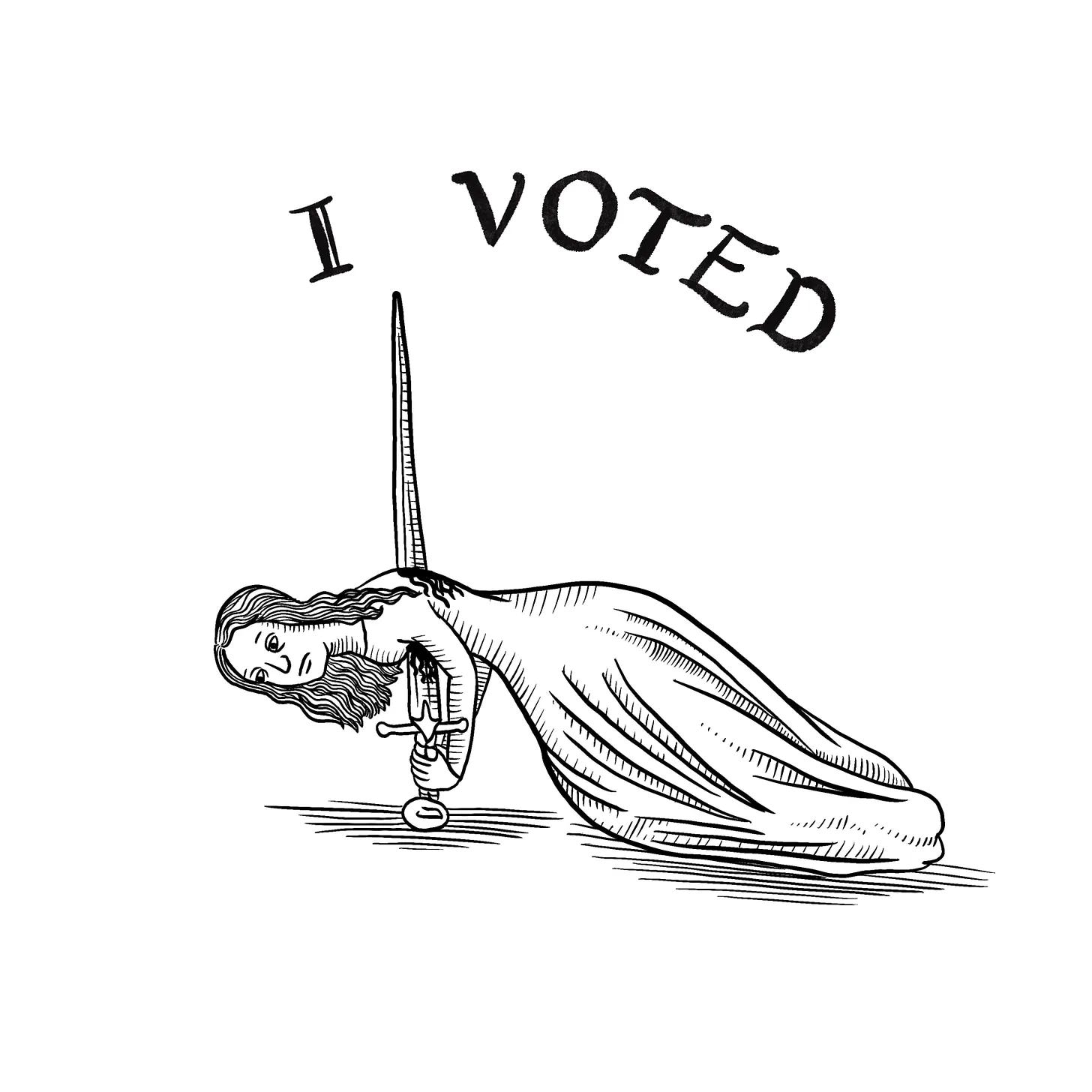

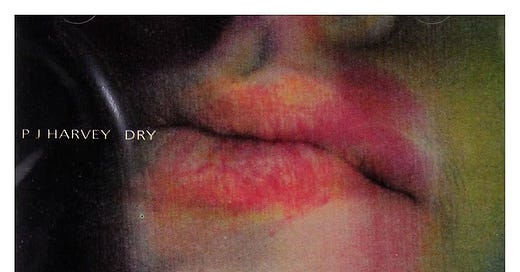



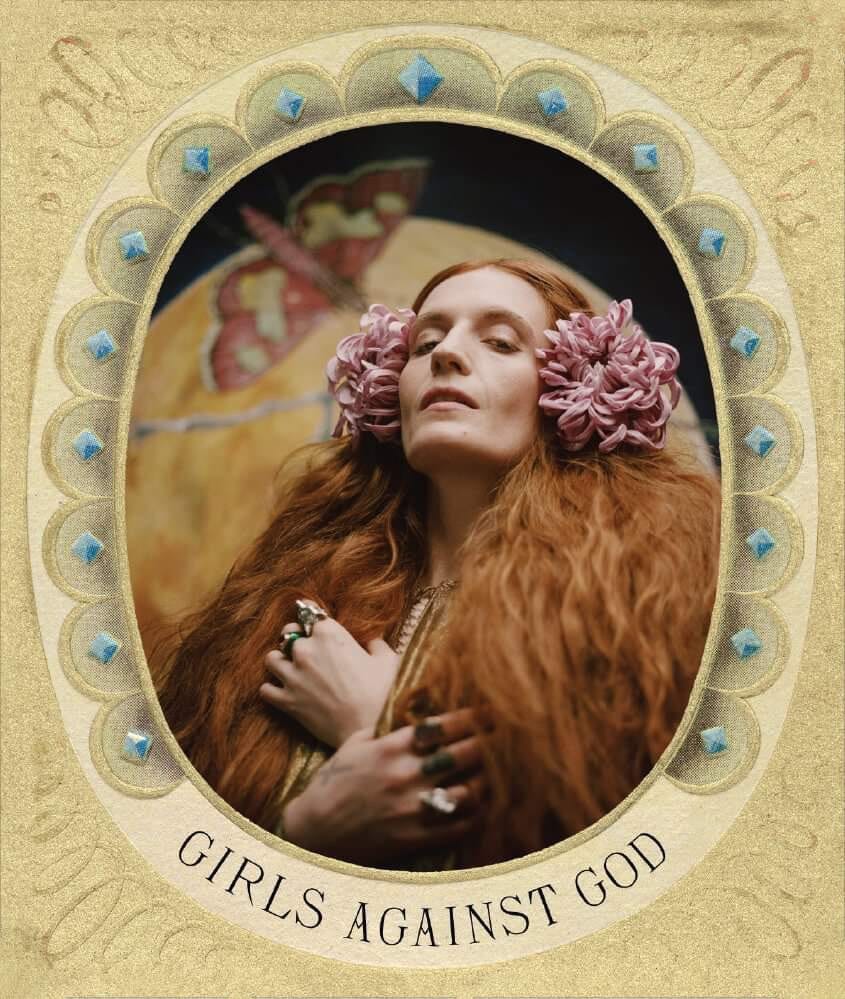
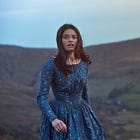
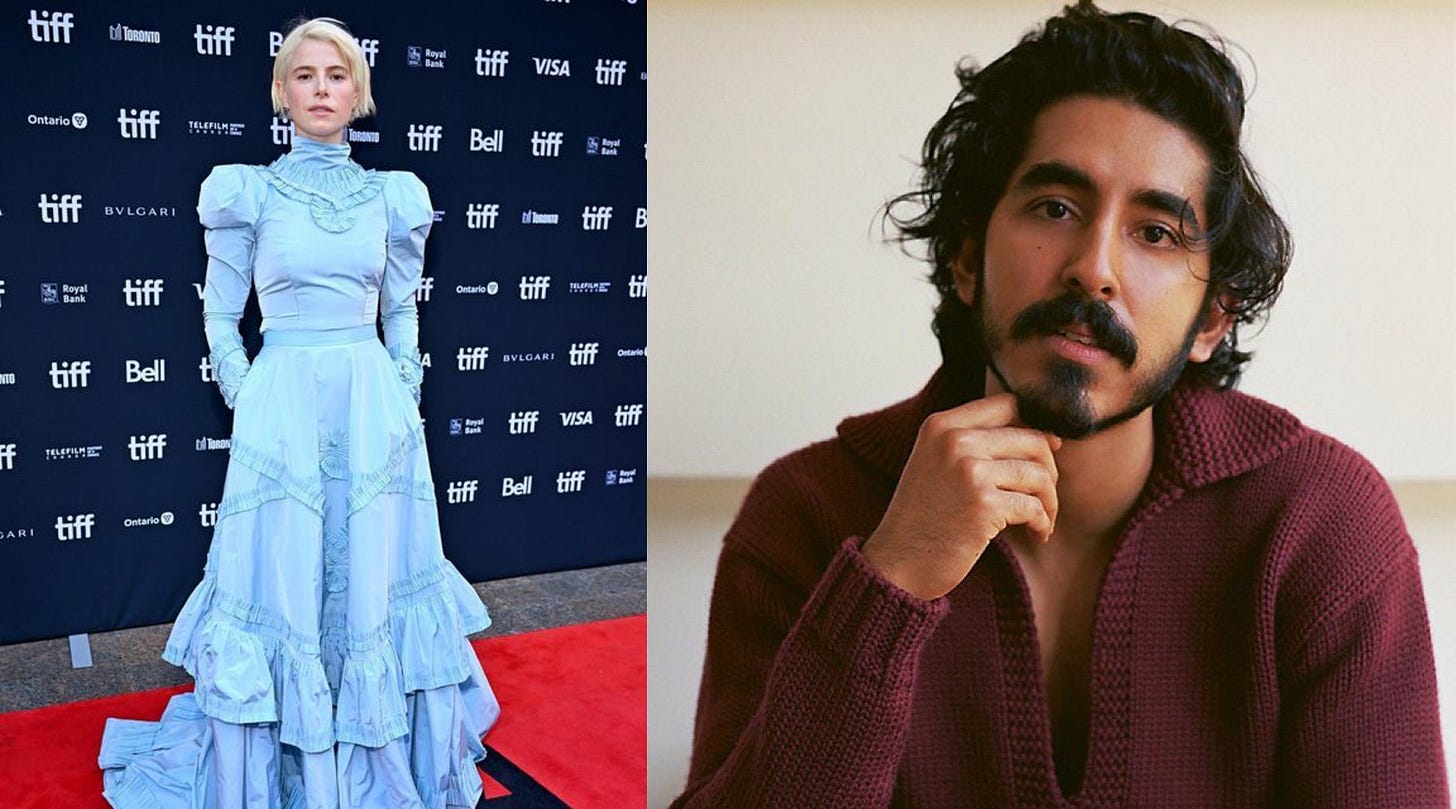
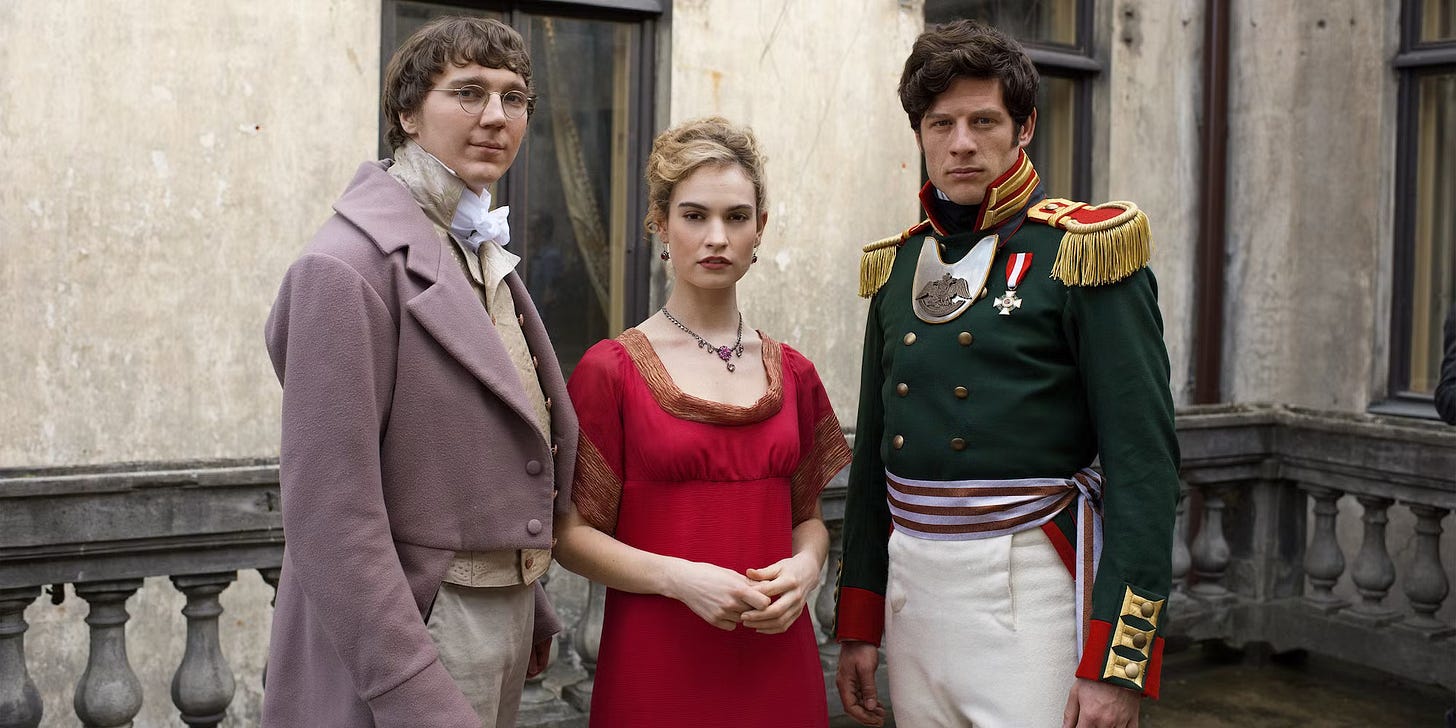
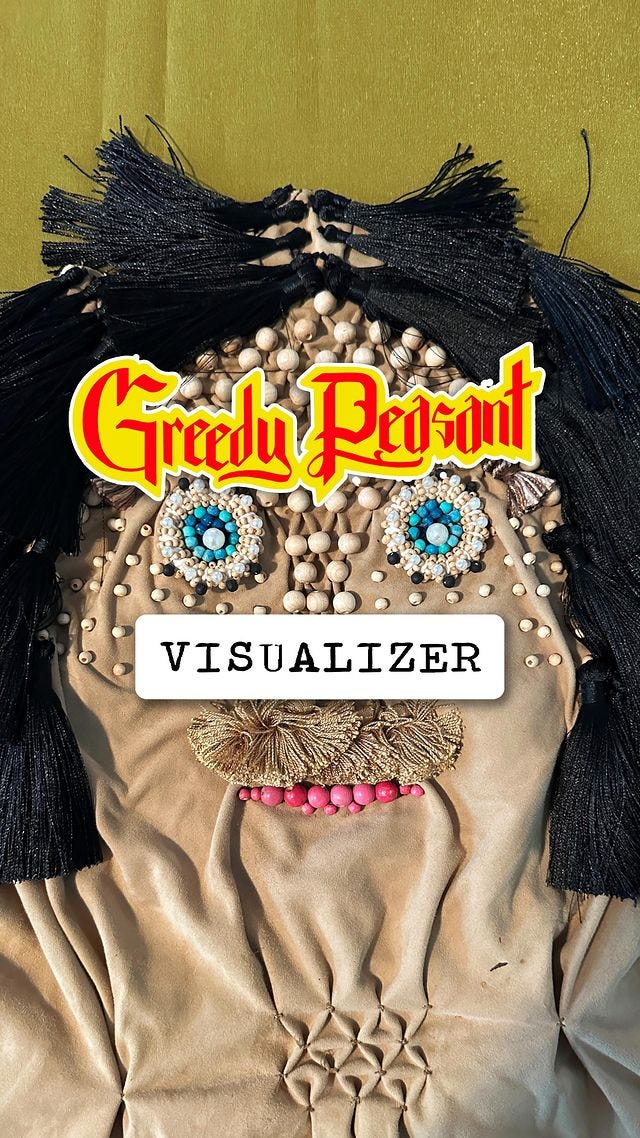

I just saw this post! PJ Harvey has been one of my favorites for ~25 years (although Dry thru Stories will always be my favorite run from her). I play To Bring You My Love for my two year old all the time. And I just got the chance to see her live for the first time, and, in front of me, there was a dad with his teenage daughter. He’d been listening to Harvey since the ‘90s and had obviously passed down a love to his daughter, who was just beside herself with excitement and joy to be at the show. Just like a really good memory to hold on to during a bad year.
Such a fan of PJ Harvey and this reminds me she’s the perfect soundtrack to my current anger at the state of the world. Thanks for the shoutout too!